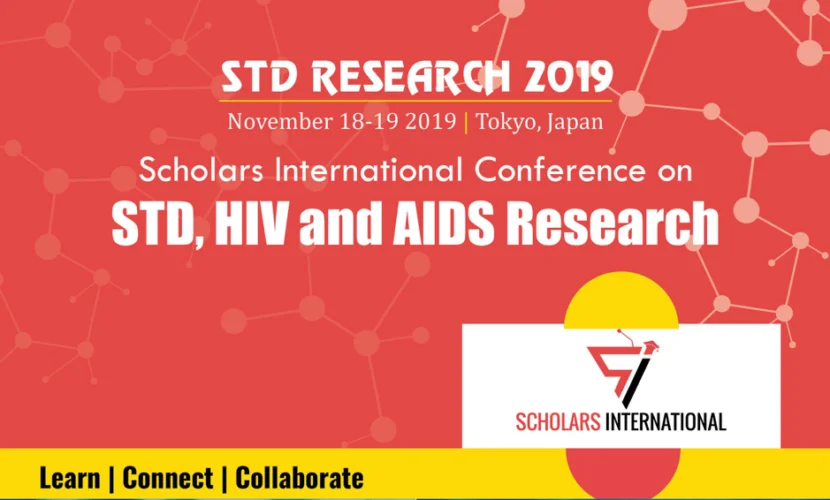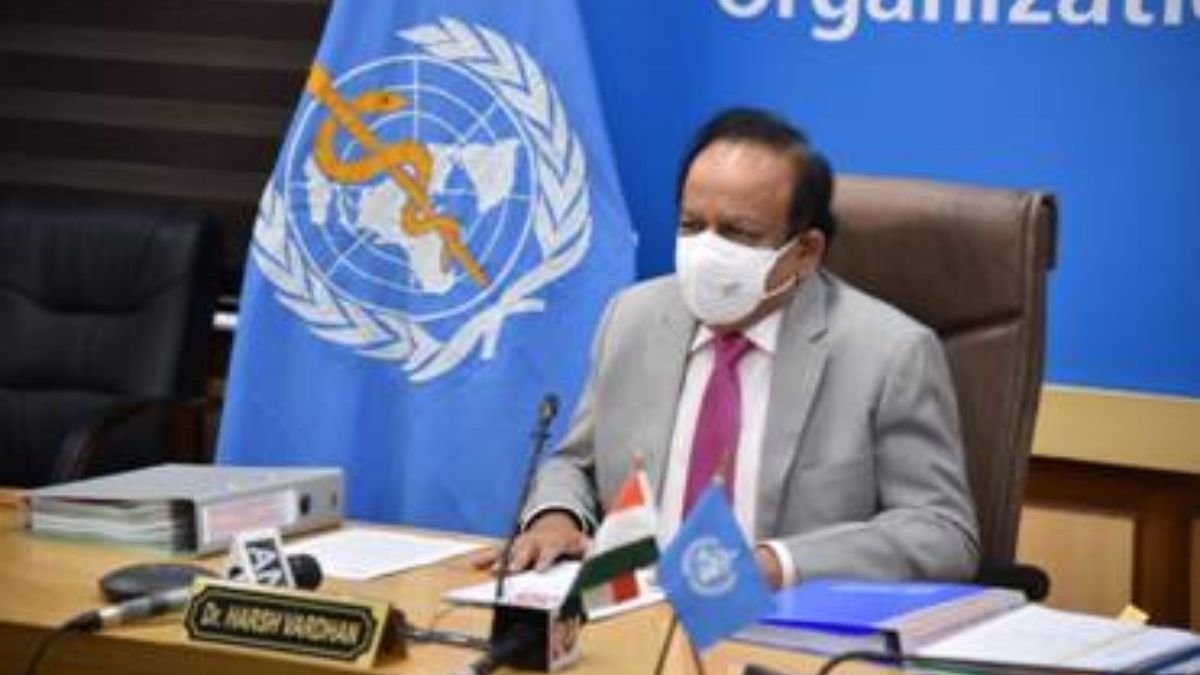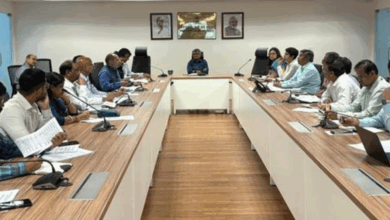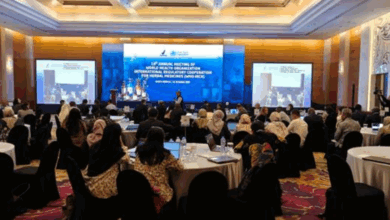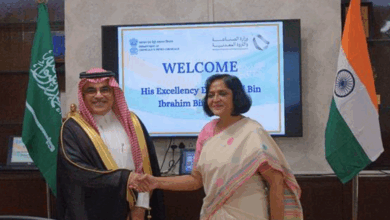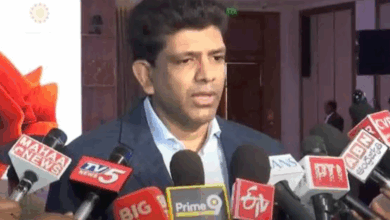Dr. Harsh Vardhan addresses the 75th session of UNGA on the prevention of AIDS
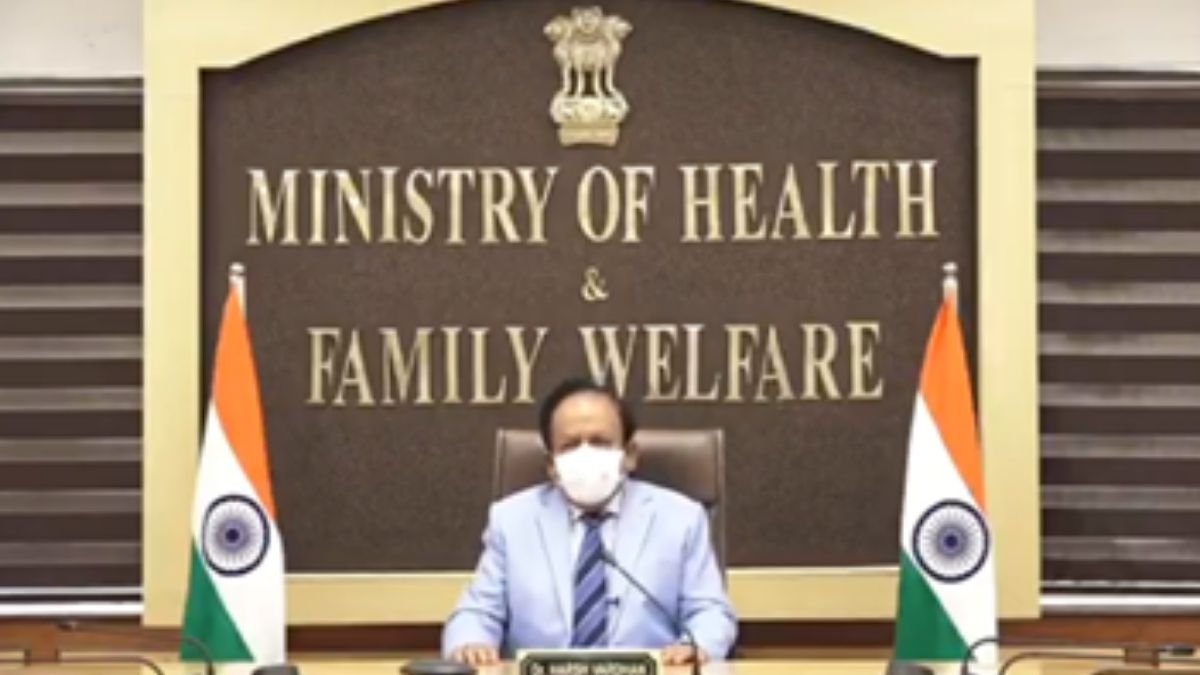
“We need to achieve zero new transmission of HIV if we are to deliver on the promise of ending AIDS in next 10 years”
Dr. Harsh Vardhan, Union Minister for Health and Family Welfare digitally addressed the 75th session of the United Nations General Assembly (UNGA), here today through Video Conference.
The Union Health Minister spoke on Resolution 75/260 which concerns the Implementation of the Declaration of Commitment on HIV/AIDS and the political declarations on HIV/AIDS.
His address is as follows:
I feel honored and delighted to be addressing this prestigious forum of the United Nations General Assembly today. On behalf of my Government, I extend warm greetings to all of you and thank everyone involved in planning this meeting. It is both a pleasure and privilege for India to participate in this High-Level Meeting on AIDS.
While the common perception is that the HIV epidemic is under control, epidemics have the habit to resurge, and hence, constant vigil and appropriate timely remedial measures are necessary.
I must begin by applauding the efforts of healthcare providers and frontline workers including outreach workers who have walked the extra mile risking their lives during COVID- 19 to ensure that no Person Living with HIV is left without medication. I also take this opportunity to pay tribute to those who lost their lives to HIV-AIDS during this period despite our best efforts.
India has ably demonstrated that strong political leadership is most critical to address inequalities and gaps in epidemic response. During the COVID-19 pandemic, India took swift and timely action by involving communities, civil society, and development partners to mitigate the impact of COVID on HIV services. In India, the HIV & AIDS Prevention and Control Act, 2017, provides a legal and enabling framework to safeguard the human rights of infected and affected populations.
India’s unique HIV prevention model is centered around the concept of ‘Social Contracting through which the ‘Targeted Interventions Program’ is implemented with support from civil society. The program is aimed at behavior change, communication, outreach, service delivery, counseling & testing, and ensuring linkages to HIV care.
India is providing free anti-retroviral treatment to close to 1.4 million people. Indian drugs are also reaching millions of People living with HIV in Africa. India’s National AIDS Control Program has been Revised, Revived and Revampedto focus on hard-to-reach and at-risk populations. We are gradually transitioning the people living with HIV to Dolutegravir, a safer and efficacious antiretroviral medication regimen.
Viral Load Testing facilities have been scaled up, and HIV counseling, testing, and community-based screening for early diagnosis have been ramped up to achieve the target of Elimination of Mother-Child Transmission of HIV. In line with the motto of the Government of India, ‘Together, for everyone’s growth, with everyone’s trust’, the National AIDS Control Program has signed MoUs with public and private sector industries to mobilize their support for HIV prevention and treatment. India aspires to scale up HIV care to reach 100% of people living with this dreaded disease.
We are fully cognisant of the fact that with only 115 months to meet the target, we need to achieve zero new transmission of HIV if we are to deliver on the promise of ending AIDS in the next 10 years. We have a long journey ahead. We need to foresee and identify our challenges and gaps, customize our program, share knowledge, emulate best practices and strive towards reaching the Sustainable Development Goal of ending the AIDS epidemic, which is a grave public health threat, by 2030.
We are together in this fight against HIV.

